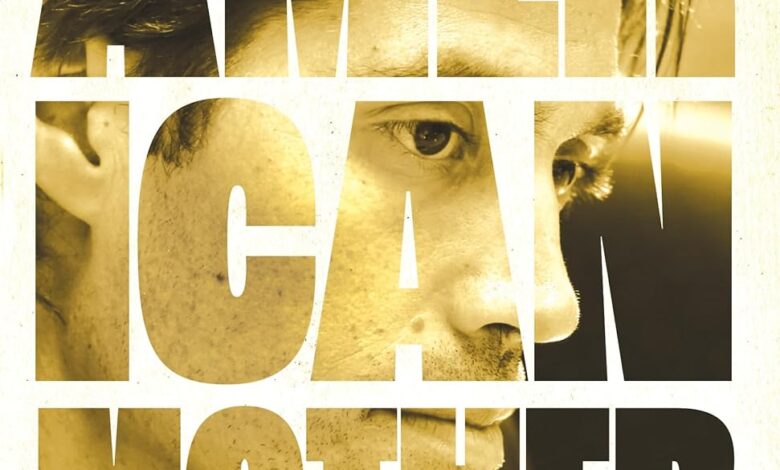A mother fights for her son kidnapped by ISIS

Talk about a horror show.
Diane Foley’s son was missing for nearly two years. Jim was a freelance journalist working the Middle East for organizations including Newsweek, CNN and PBS. But in late 2012 Jim was kidnapped by ISIS in Syria, and for the next two years little was known about his whereabouts or safety.
In New Hampshire, the Foley family could do nothing but fret and wait. Jim had been kidnapped once before, by Qaddafi loyalists in Libya during the “Arab Spring,” but that lasted just 44 days. His second captivity was nearly 2 years long, and by mid-2014 all Diane Foley knew of Jim’s fate were stories told by released captives.
Diane’s ignorance of her son’s welfare tragically ended in August, 2014, with a video posted on the “Find Jim Foley” Facebook page. It showed a desert scene, an American in an orange prison outfit on his knees in the sand, and a black-clad captor wielding a long, sharp sword. The video ends with Jim Foley’s decapitation.
As much as she wanted to, Diane Foley couldn’t deny what she saw. “There was my son … with his bloodied head [placed] upon his back,” she says in Colum McCann’s “American Mother” (Etruscan Press, out now).
Her child’s gruesome demise led to a “flood of grief” for Diane Foley, but she also wanted to “make something” of Jim’s life. He’d been a do-gooder, building houses for Habitat for Humanity, teaching the underprivileged on Indian reservations and in inner-city schools. He worked the Middle East because he was determined to “bear witness” to the atrocities committed by the Assad regime in Syria.
After Jim’s death Diane established the James W. Foley Legacy Foundation and the Foley Freedom Run, a 5k race dedicated to press freedom. In 2015 she also pushed the “Hostage Recovery Activities,” which would became Presidential policy outlining the U.S. government’s future response to the kidnapping of American citizens, such as those currently held by Hamas.
Through a plea agreement made with the U.S. Justice Department, Diane Foley also twice met with Alexanda Kotey, one of the men convicted of beheading her son. Those two days Diane stoically held her own tears in check as she watched the murderer make excuses and, absurdly, cry himself. But everything he did, he sobbed, happened under “the auspices of war.”
— Todd Farley




